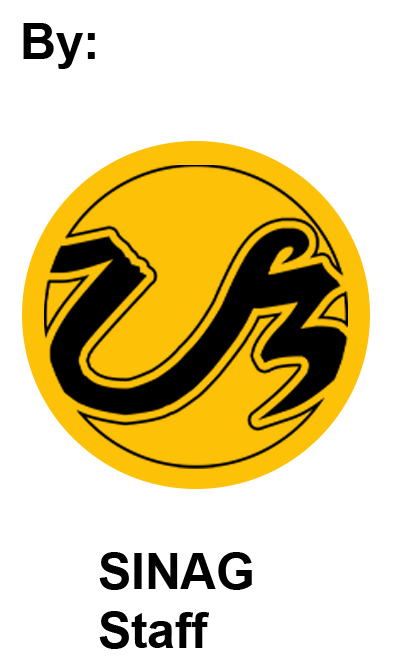
Letter of Instruction No.1 was issued by Ferdinand Marcos Sr. on September 22, 1972, permitting the military to seize the assets of the major media outlets across the country.Â
The instruction stated that its purpose was to prevent private journalism and media facilities from creating propaganda against the government.
Six days later, Marcos Sr. ordered the sequestering of all ABS-CBN and Associated Broadcasting Corporation (ABC) facilities. This included radio and TV stations under the broadcasting companies.
He accused ABS-CBN and ABC owners and officers of having connections with the communist party, stating that they âare engaged in subversive activities against the governmentâ and are participating in a conspiracy to overthrow the government.
The dictator also defended this by stating that the networks âhad been used as indispensable instruments in the assassination attempt against the President of the Republic of the Philippines by maligning him.â
Besides the network shutdown, several journalists and publishers were imprisoned and harassed during the duration of Martial Law.
A 1978 article by Filipino author E. San Juan Jr. was published in the Index of Censorship, an award-winning magazine, stated: âOn the eve of the proclamation of martial law, leading mass-circulation dailies, weekly magazines and journals, radio and television stations, were shut down by soldiers in full combat gear. Thousands of journalists, editors, radio and television personnel were arrested and thrown into jail without due process.â
On September 25 of the same year, the Department of Public Information released Department Order No.1 announcing strict policies and guidelines, defining the manner of reporting of the media.
San Juan revealed that the order said that there was a need for ânews reports of positive national valueâ, as well as prohibiting any material critical of the government and other law enforcement agencies. News agencies were also required to go through clearance before any content can be aired or released.
Only Marcos-controlled media were allowed to operate freely, resulting in the peopleâs underground media and the mosquito press of the 1980s.
As the 2022 Presidential elections draw nearer, and with the dictatorâs son, Ferdinand âBongbongâ Marcos Jr., as the frontrunner, it is high time to be reminded of the atrocities that occurred during the Martial Law, beginning with the control of the media and how this has affected the voterâs preference and historical perception.
MARCOS MISINFORMATION
âPara saâkin, ako ang nabibiktima ng fake news,â stated Bongbong Marcos in an interview with One News PH last February 2022.
He claimed that there are fact-checkers who have their own agenda when asked about the issue of fake news. He went on to say that these fact-checkers only listen to one side of the story and that his debunked false claims and statements were invented and serve as propaganda against him and his family.
Marcos then advocated for fact-checking without any political or financial agenda.
Despite claiming that he is a victim of fake news, an academe-based fact-checking initiative named Tsek.ph stated otherwise.
According to the groupâs preliminary findings, Vice President Leni Robredo is the âbiggest victimâ of disinformation while Marcos is the top beneficiary.
Since January, Tsek.ph has fact-checked more than 200 claims. Based on their initial analysis, the disinformation has been existing long before the start of the campaign period for the May 2022 elections.
âMajority of those are directed against presidential candidate and Vice President Leni Robredo. So marami po talaga. Every week, she is the biggest victim of disinformation or negative messaging, whether it has to do with the typhoon, with all sorts,â stated Yvonne Chua, UP journalism associate professor during a hearing conducted by the Senate Committee on Constitutional Amendments and Revision of Codes.
Aside from the negative messaging toward Robredo, there are positive yet misleading posts for Marcos.
Senator Francis âKikoâ Pangilinan, Robredoâs running mate, asked Chua: âSo there is misinformation and disinformation to attack negatively Vice President Leni, and there is misinformation and disinformation to promote Bongbong Marcos?â
She agreed and gave the example of the circulating Marcos endorsements from different individuals in various sectors, like that of the New Zealand Prime Minister which was absurd and completely false.
âAnd of course a lot of historical inaccuracies that have been revived or resurfaced in connection with his father, the late dictator Ferdinand Marcos Sr.,â Chua added.
Marcos also denied the existence of troll farms in his campaign, stating that he had never had one and that everything in his campaign is organic.
PRO-MARCOS BOOKS AND RECORDS
Marcos Jr. also encouraged the Filipinos to study and research carefully to determine whether the news is fake or not in the said interview.
âBalikan ninyo âyung mga nagsusulat noon at tignan naman talaga ninyo kung anong nangyari para makapag-aral kayo nang mabuti,â he stated.
15% of Marcos-related false news can be traced to printed propaganda, as concluded by Miguel Reyes and Joel Ariate Jr., two UPD researchers from the Marcos Regime Research Group.
âThe Marcoses, their loyalists, and other allies have been producing and reproducing propaganda all these years, with the intended effect of conferring a patina of well-researched scholarship to Marcos,â stated Reyes.
He also added that their book and disinformation has mingled with âoften more falsitiesâ on the internet has resulted in their growing loyal base.
The source books that have long been the foundation of disinformation and fake news have been traced to be written and documented by a network of pro-Marcos allies.
A few mentioned in the research were late Br. Gen. Galileo C. Kintanar Sr., who formerly worked in the intelligence sector, and Cherry Cobarrubias who was a close friend of Imelda Marcos.
Most authors were also found to have heavily relied on the Marcoses for information, while others were plagiarised. One book entitled âImelda: Mothering and Her Poetic and Creative Ideas in a Troubled Worldâ by Cecilio Arillo in 2012 had several parts taken verbatim from Imeldaâs self-written 1995 book entitled âCircle of Lifeâ.
Some books also framed the Martial Law victims to be communists, as well as denied the graft and corruption committed by the Marcos family.
These books, together with the media censorship during the Marcos regime have shown that true historical events could have been omitted since a huge margin of accounts is singlehandedly pro-Marcos.
POPULAR AND SOLIDARIDAD BOOKSTORE VANDALISM
Together with the inflation of fake news and black propaganda surrounding the elections, independent bookstores were also vandalized last March 22.
A chilling yet familiar scenario in the Marcos playbook whereby critical forms of media and expression are hampered â now, all of which are dome in coordination with the Duterte camp.
The signboards of Solidaridad Bookshop in Manila and the metal gate of Popular Bookstore in Quezon City were vandalized with red spraypaint. No words were written on Solidaridadâs but the words âNPA Teroristaâ were written on Popularâs gate.
Cesar Quinagan, a Solidaridad employee, said that this was the first time the bookstore was vandalized since it was built in 1965. Solidaridad was founded by National Artist for Literature and Philippine PEN founder, F. Sionil Jose.
The Congress of Teachers/Educators for Nationalism and Democracy pointed fingers at the National Task Force to End Local Communist Armed Conflict (NTF-ELCAC), saying that the vandalism was their handiwork.
â[The NTF-ELCAC is] the same state entity that instigated the pullout of progressive books in some libraries since 2021,â the group stated.
Last October, under Commission on Education-Cordillera Administrative Region’s (CHED-CAR) Memorandum 113, s. 2021, the commission expressed its support for the Duterte administration’s NTF-ELCAC. They ordered that ‘subversive’ materials be banned in higher educational institutions (HEIs).
The task force has long been purging âsubversive materialsâ from libraries, containing information on the armed conflict and the peace talks. CHED Chair Prospero de Vera III said that such actions were done âin the exercise of academic freedom.â
Featured image courtesy of patdumlao (Timetoast)

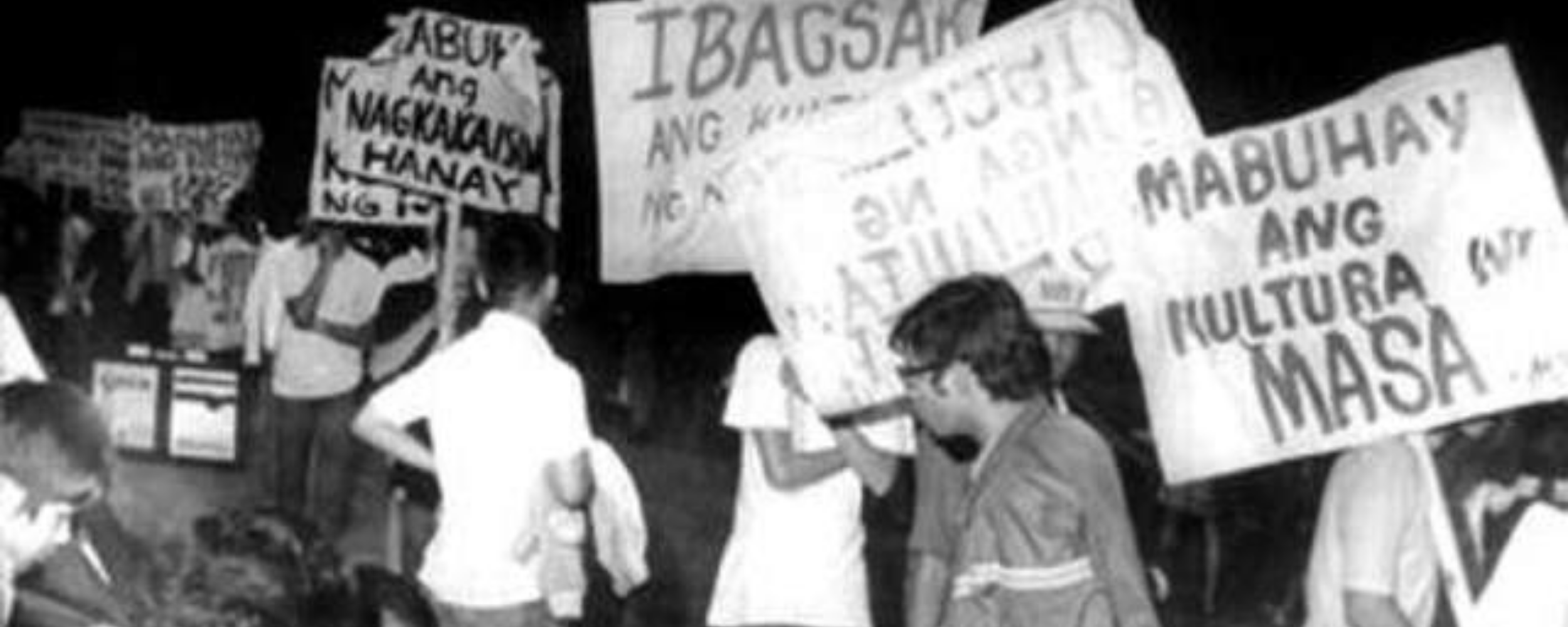

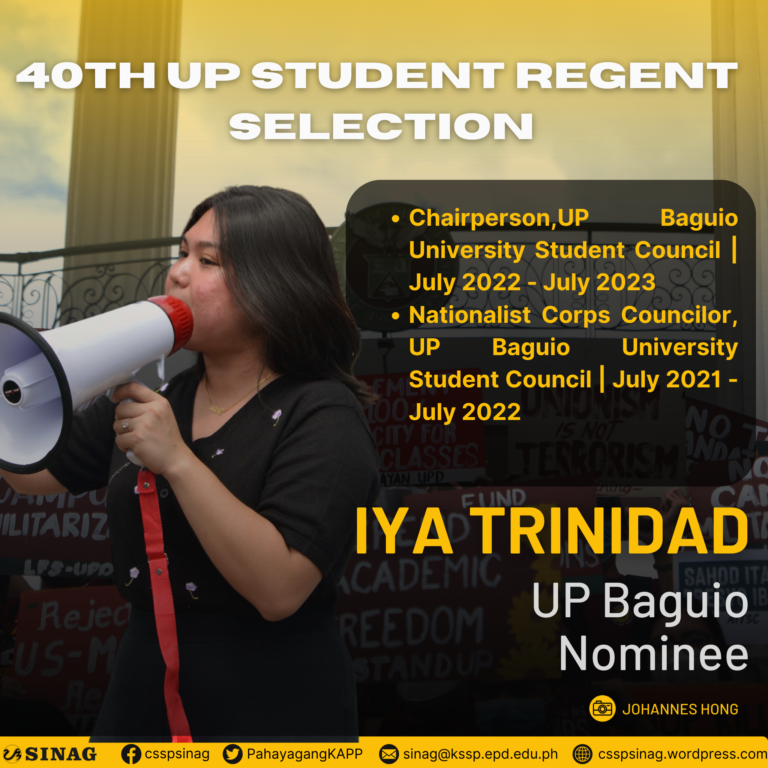
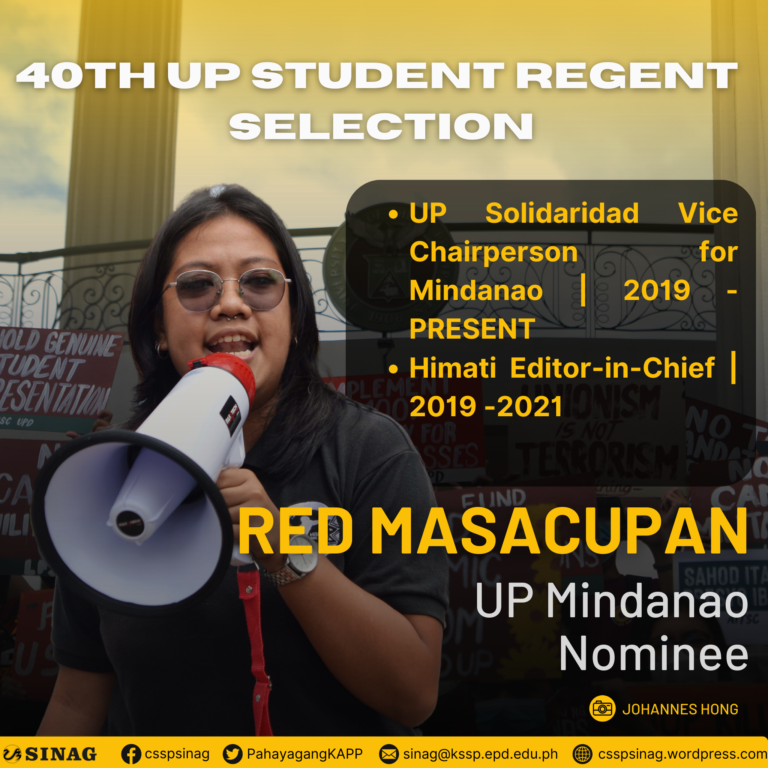
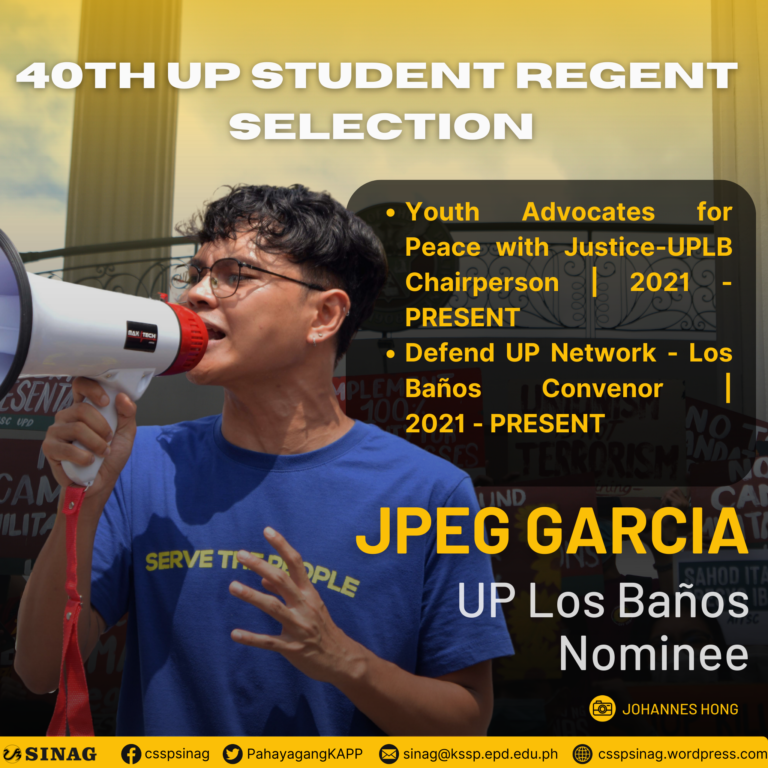
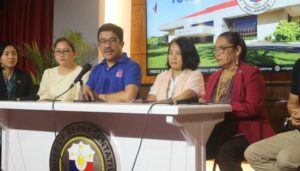
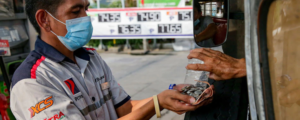
Thank you for sharing this article with me. It helped me a lot and I love it. http://www.hairstylesvip.com